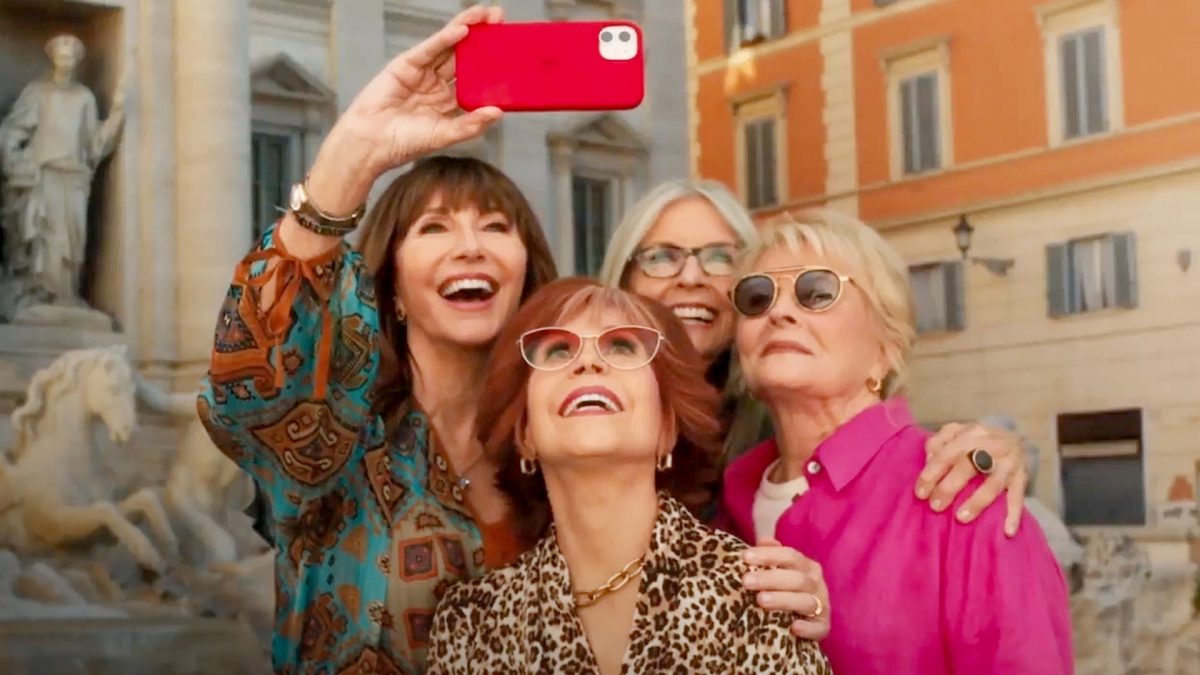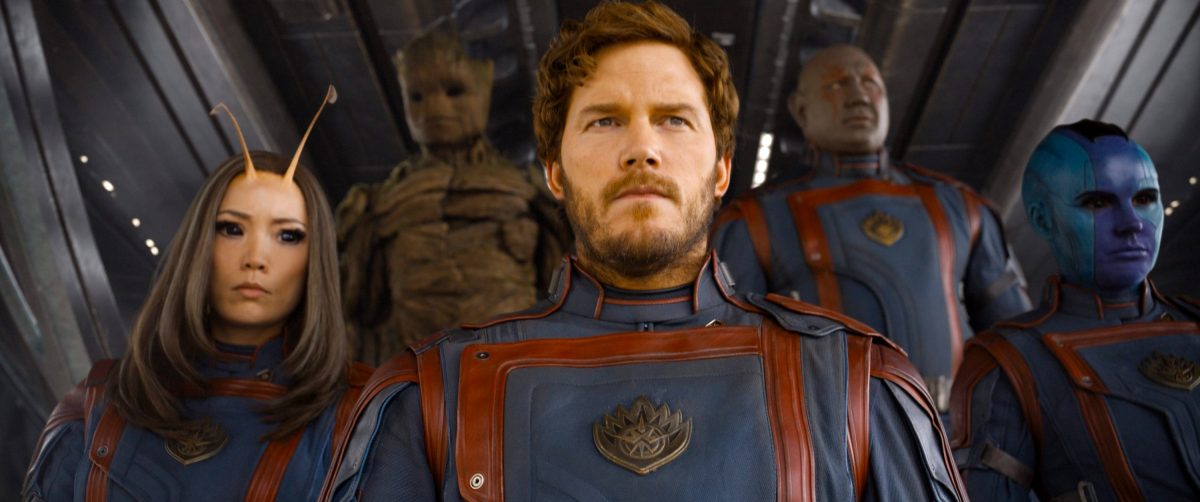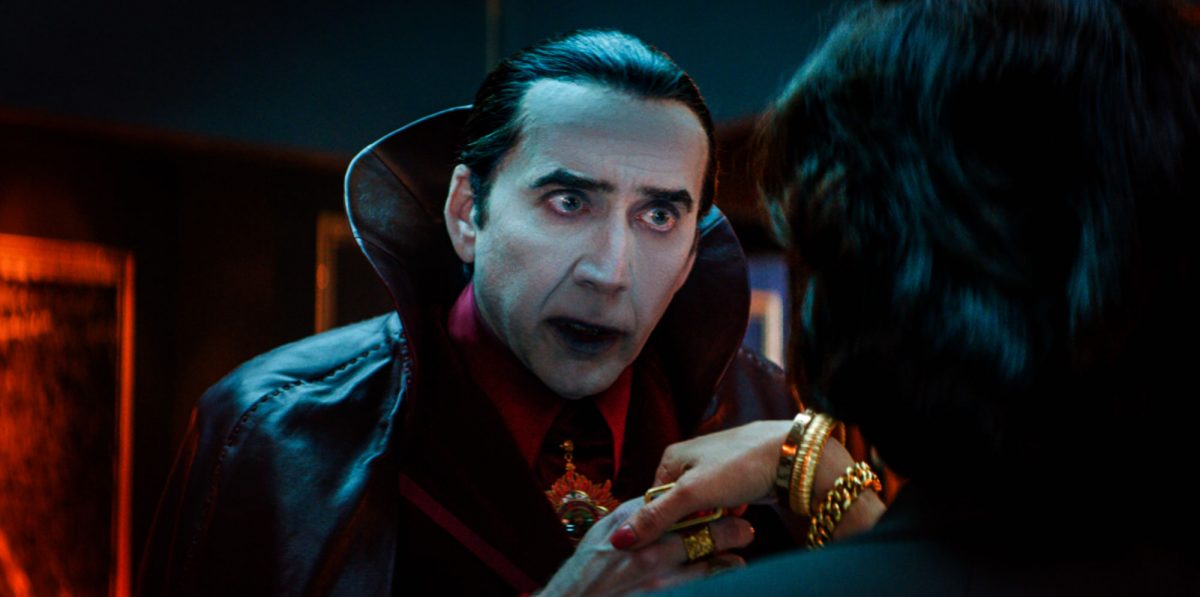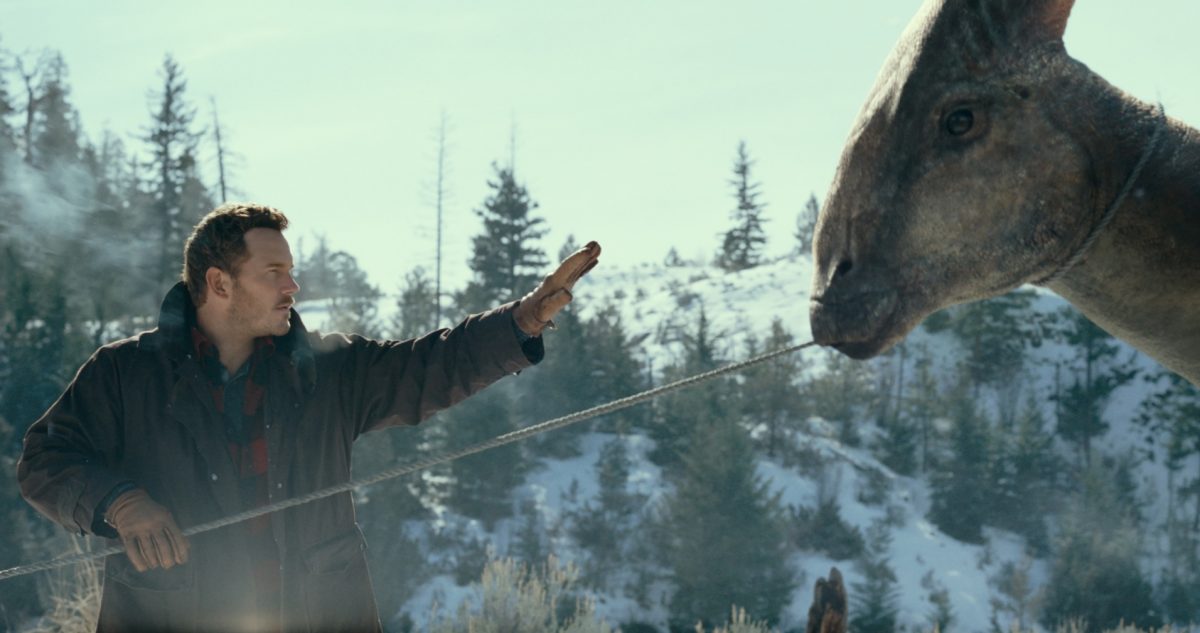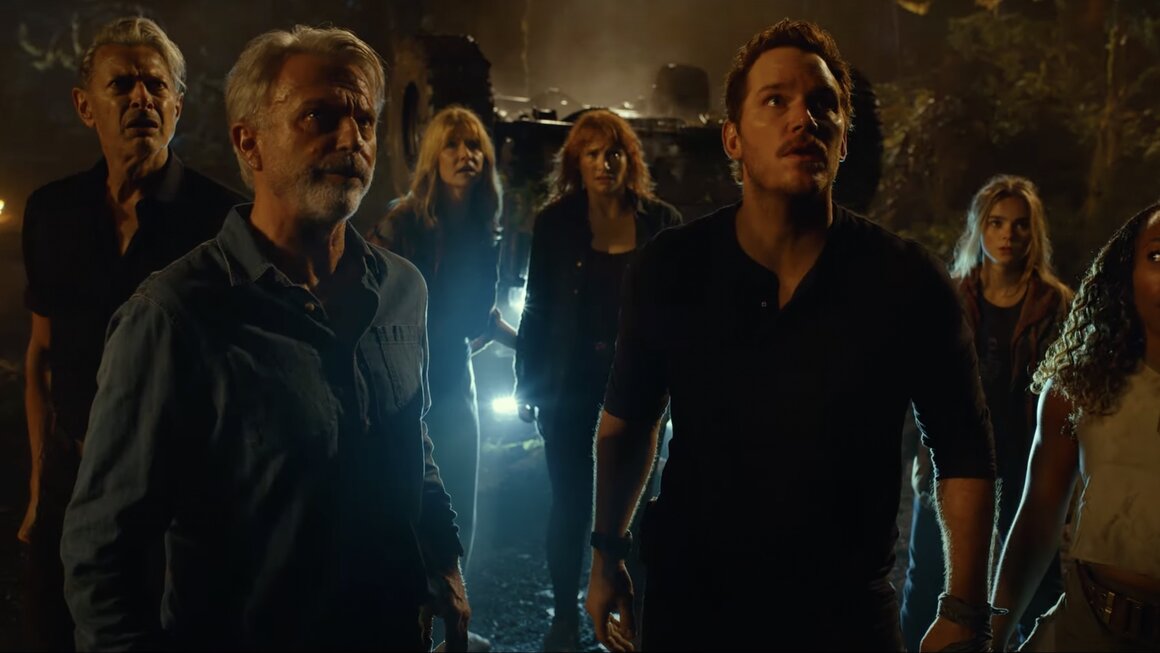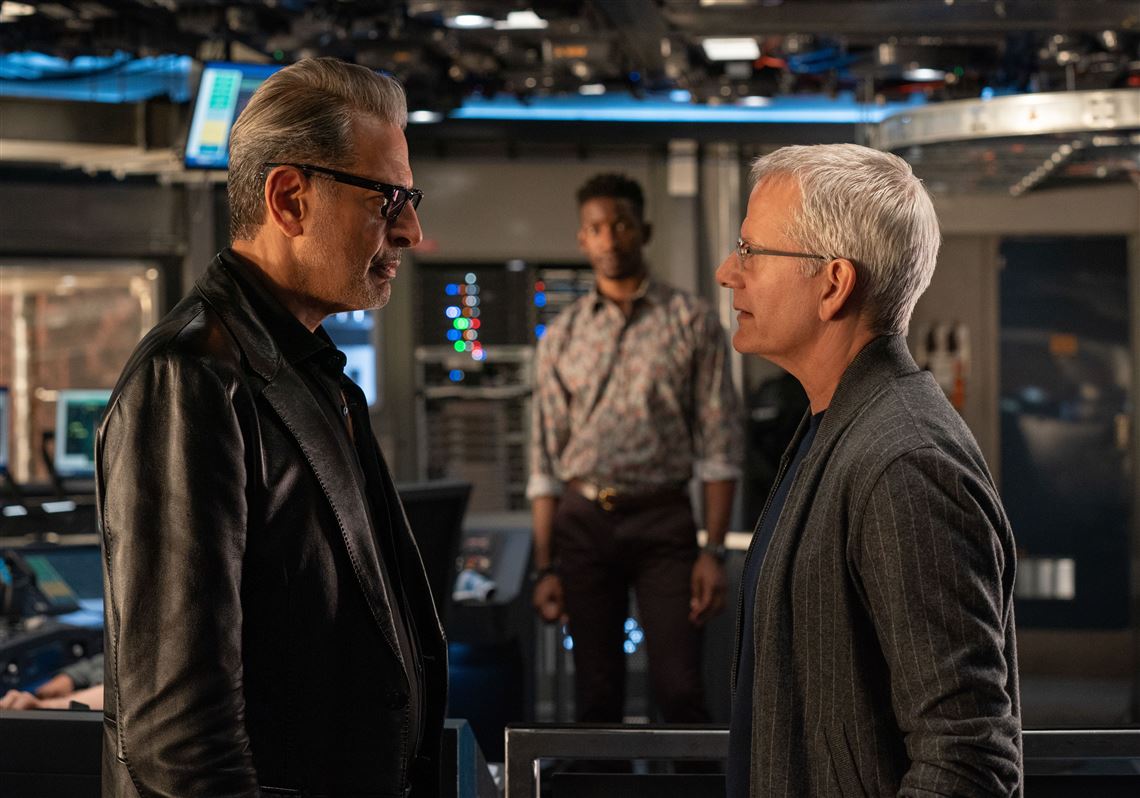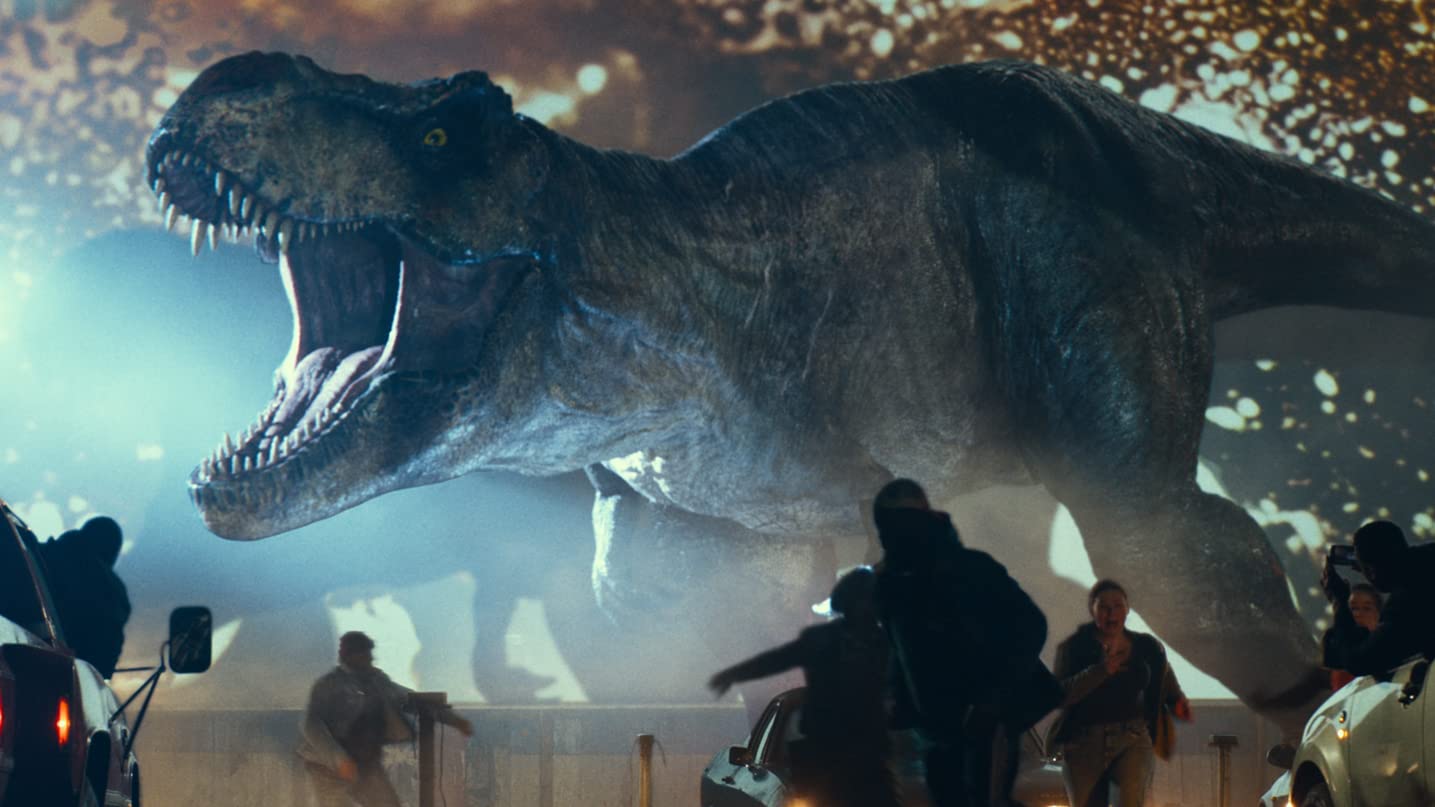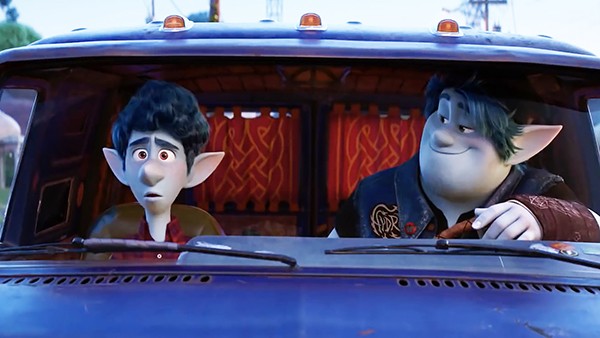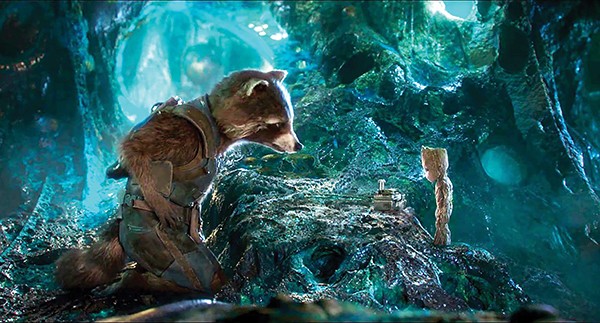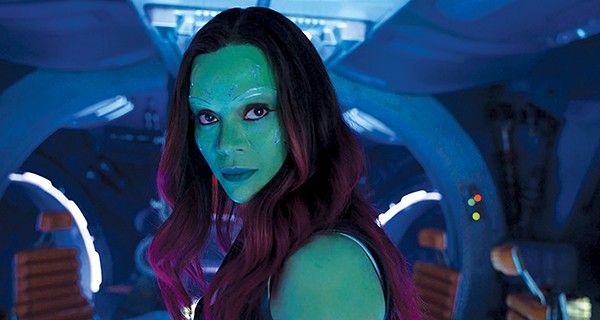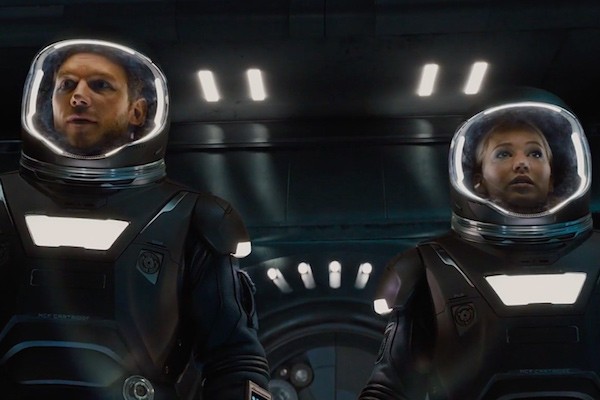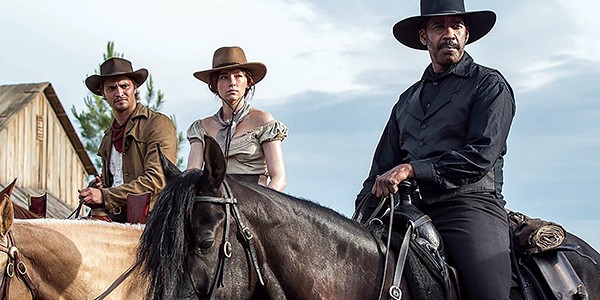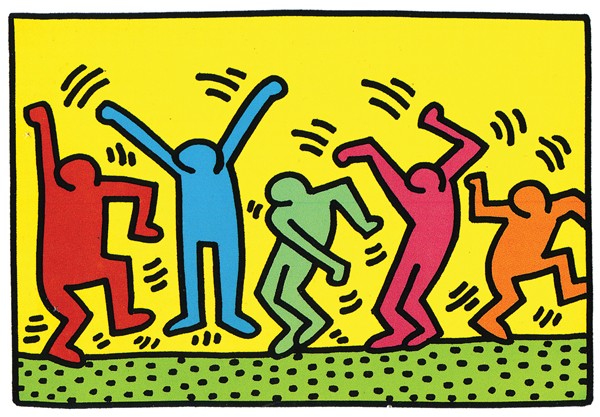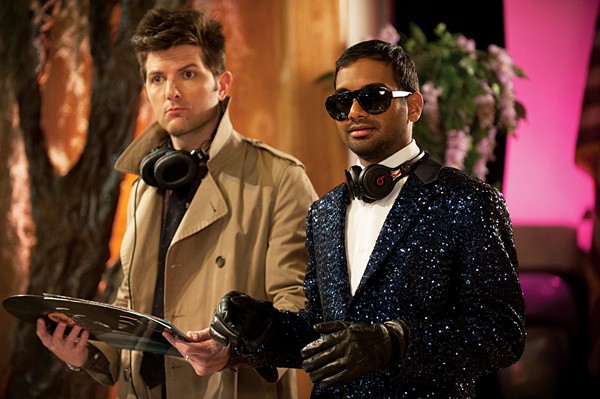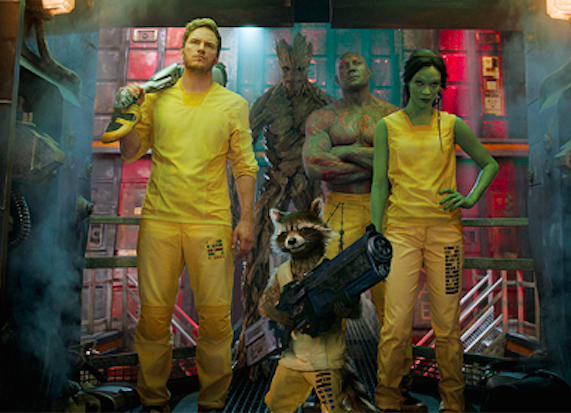Silver foxes Diane Keaton, Jane Fonda, Candice Bergen, and Mary Steenburgen head out on a bachelorette party trip to Europe in Book Club: The Next Chapter, a sequel to the 2018 sleeper hit comedy. Craig T. Nelson rand Don Johnson also reprise their roles as frigid husband and seasoned himbo with whom our heroines must negotiate new relationships.
Before Steve Jobs introduced the iPhone to the world in 2008, there was the Blackberry. Known to its army of corporate users as the “crackberry,” it demonstrated both the advantages and disadvantages of 24/7 connectivity long before the first Instagram post. Blackberry by indie filmmaker Matt Johnson tells the story of Research In Motion, the company who ruled the mobile world in the Bush era. Wary of another disingenuous hagiography of a tech oligarch? Don’t worry, this one’s a comedy!
Charlie Day, star of the TV comedy staple “It’s Always Sunny In Philadelphia,” makes his film-directing debut by biting the hand that feeds him. For Fool’s Paradise he enlisted Ken Jeong, John Malkovich, Kate Beckinsale, Adrien Brody, Jason Sudeikis, Edie Falco, Jason Bateman, Common, and a whole bunch more, to satirize showbiz as it is practiced today. You can be excused if you get a strong Being There vibe from this one.
Guardians of the Galaxy Vol. 3 represents the end of an era for Marvel and Disney. The main cast is retiring, and director James Gunn is moving to helm the rival DC movies. The Memphis Flyer‘s Sam Cicci says “Guardians Vol. 3 is the most creative Marvel film in years, a fitting end to Gunn’s time with Disney.” So far it’s pulled in $365 million worldwide, and shows no signs of stopping.
Judy Blume’s revolutionary young adult novel Are You There Go? It’s Me Margaret gets a worthy adaptation from director Kelly Fremon Craig and Simpsons producer James L. Brooks. Abby Ryder Fortson stars as Margaret, the confused middle-schooler who must navigate a move to the suburbs, puberty, and religious doubt all at once. Rachel McAdams and Memphian Kathy Bates give excellent support as Margaret’s mother and grandmother. Read my review, then watch the trailer.
Sam Raimi’s pioneering horror-comedy franchise continues its perfect record with new director Lee Cronin in Evil Dead Rise. This one’s definitely more scary than funny, but Cronin nails the franchise’s irreverent tone, and Alyssa Sullivan kills as a single mom possessed by demons who stalks a haunted apartment building. A must-see for horror fans, this one’s got legs.
South Korean director Hong Sang-soo and his frequent collaborator Kwan Hae-hyo are back together with Walk Up. Indie Memphis screens this affecting slice-of-life film, which premiered to laurels at the Toronto Film Festival, at 7:00 p.m. on Wednesday, May 17 at Studio on the Square.
The Super Mario Bros. Movie
What’s the beeping noise in the distance? It’s the sound of The Super Mario Bros. Movie collecting coins. You just saw Guardians, but you can’t get enough Chris Pratt? Good news! You can hear him phoning it in as Mario in this animated adaptation that has earned enough to build Princess Peach a very nice castle.
